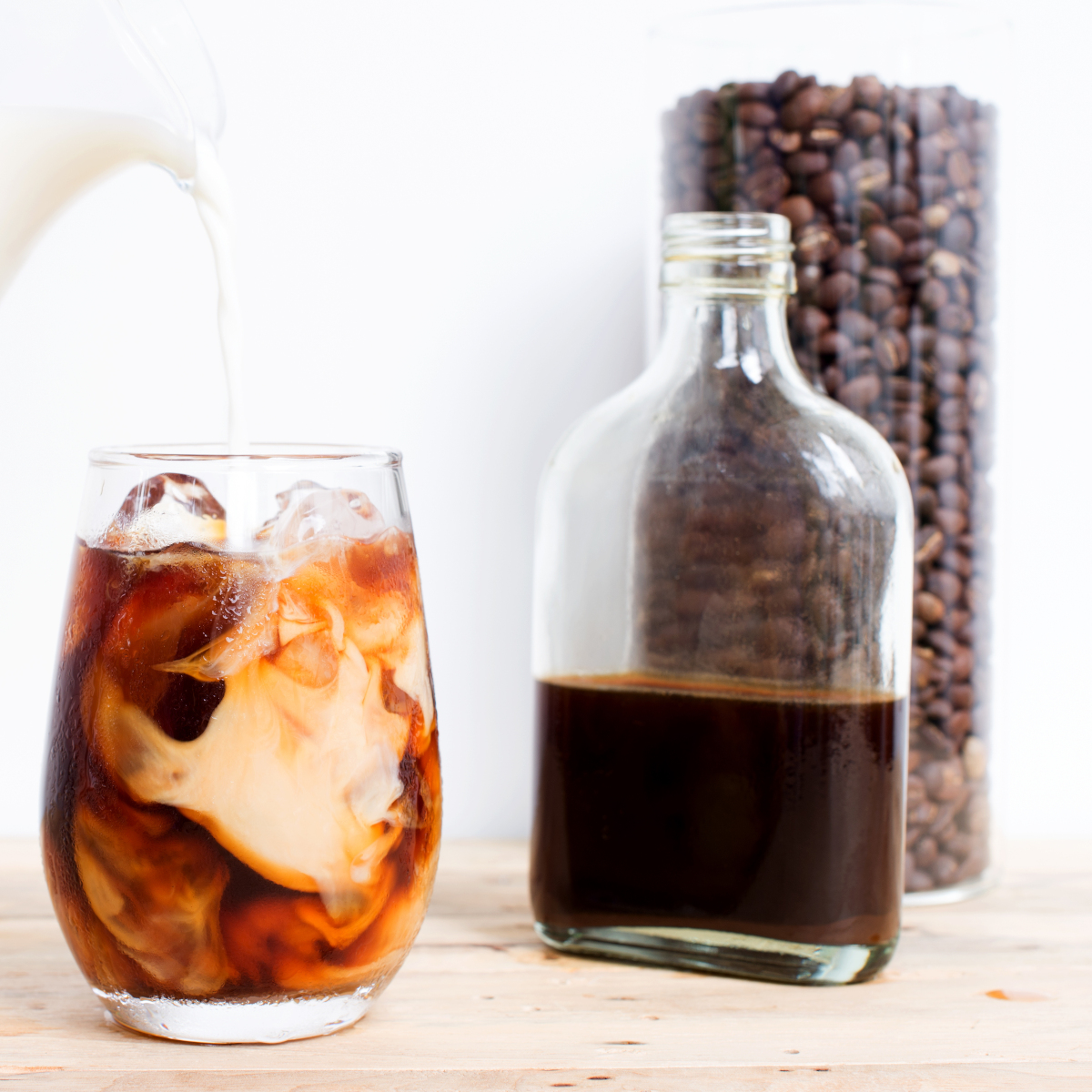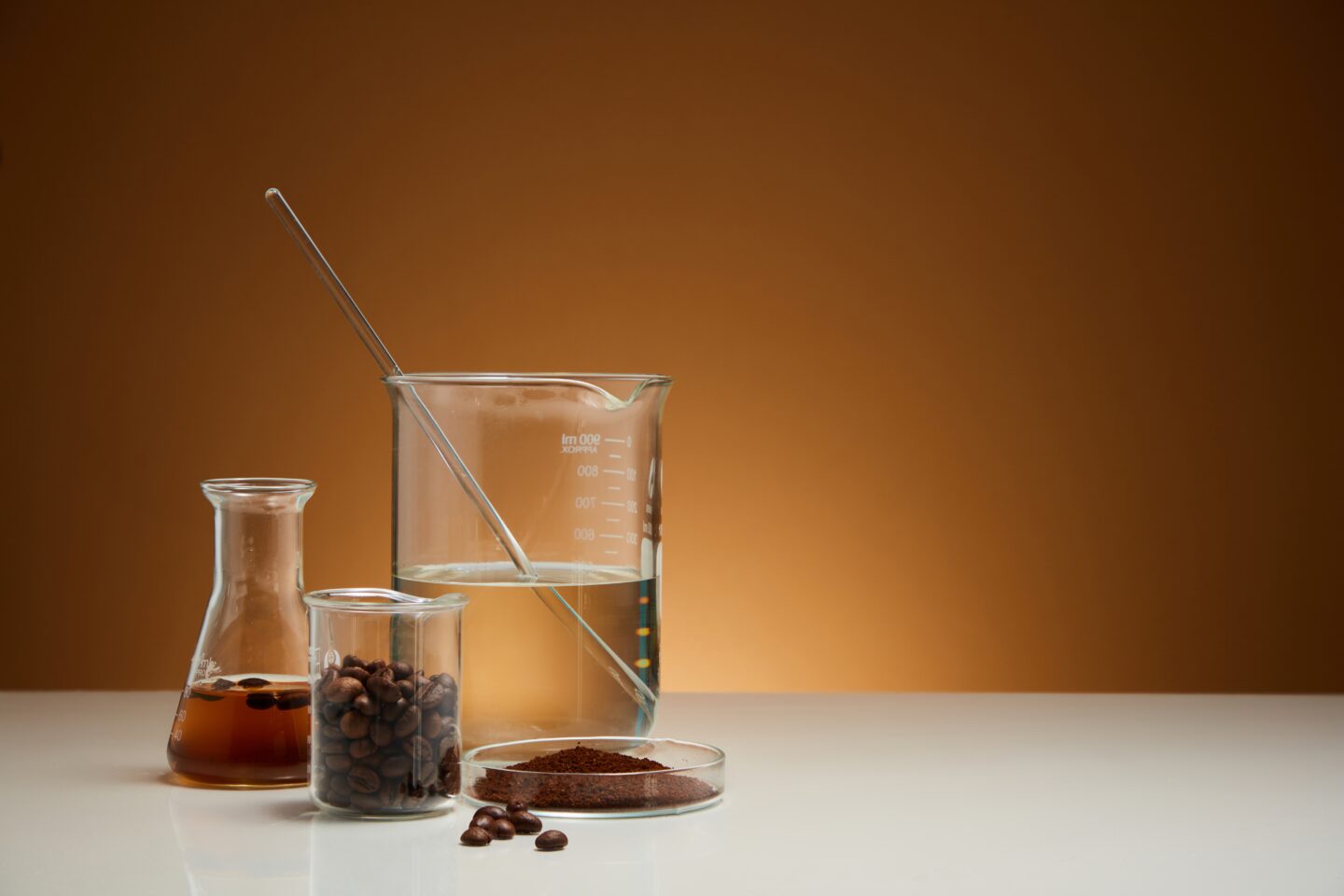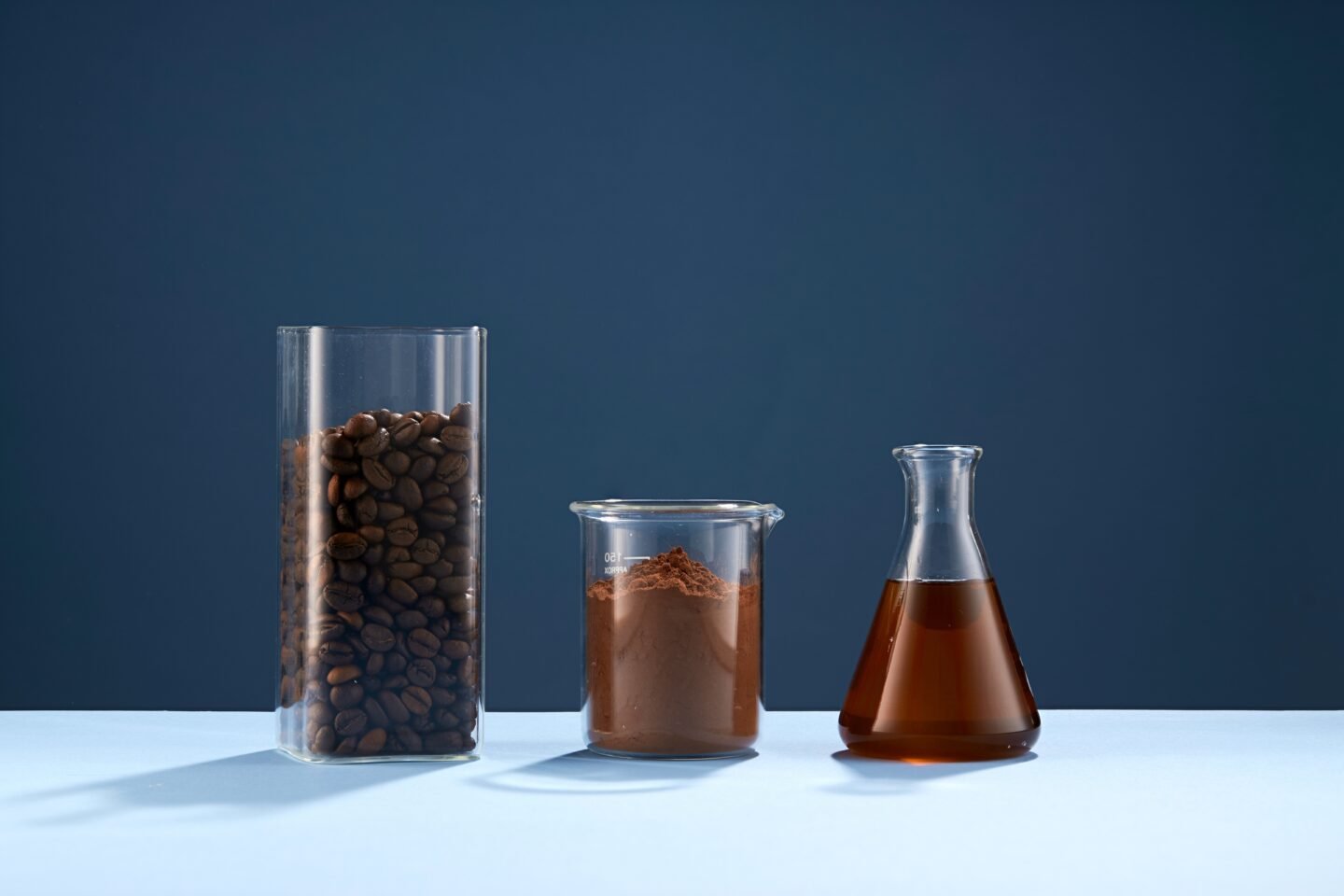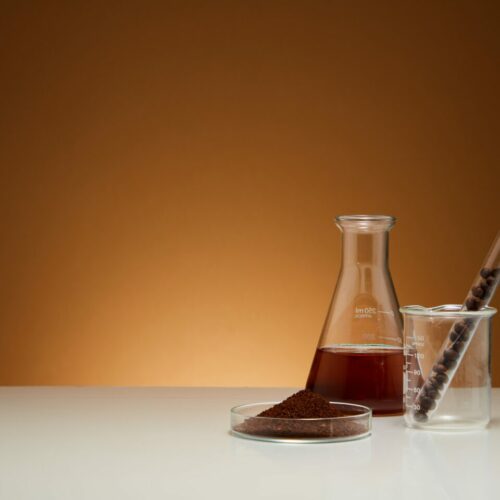Coffee is a popular beverage worldwide. People drink it for various reasons, such as the taste, its ability to keep you awake, and its ability to boost your energy levels.

Coffee contains caffeine, so it's not far-fetched to think that coffee products will also contain caffeine. Coffee extract is a liquid substance commonly found in cocktails, baked goods, and ice cream. It adds a rich coffee flavor to culinary dishes.
When adding coffee extracts to your desserts and baked goods, you might wonder, "Does coffee extract have caffeine?"
The simple answer is yes, the coffee extract has caffeine. However, the amount of caffeine it contains depends on the type of coffee bean and other factors.
Read on to learn more about coffee extract and its caffeine content, its benefits, and the drawbacks of taking too much coffee extract.
Table of Contents
What Are Coffee Extracts?

Coffee extracts are concentrated coffee made by dissolving coffee beans in alcohol. When the coffee beans are dissolved, the water in the concentrate is removed, leaving behind a thick, syrupy liquid. This liquid contains all coffee beans' caffeine, flavor, and oils.
How Much Caffeine Do Coffee Extracts Contain?
Surprisingly, coffee extracts can have twice the caffeine found in regular coffee. This amount can vary depending on the type of coffee bean used in the extraction method.
Using the extraction method, one hundred grams of Arabica coffee beans will give you about 1.5 grams of caffeine. Using the same extraction method, one hundred grams of Robusta coffee beans will provide you with 2.7 grams of caffeine. However, you might get less caffeine if you use beans other than ground coffee beans for extraction.
The caffeine content in the coffee extract also depends on the following:
- Coffee bean quality
- Extraction period
- Extraction method
- Alcohol quality
- Room temperature
- The number of times you stir the mixture of coffee beans and alcohol
- Coffee bean quantity
Coffee Concentrate vs. Coffee Extract
Coffee extract and concentrate are often mistaken for each other, but they couldn't be more different. The coffee concentrate is made by dissolving coffee beans in water (hot or cold). It is popularly used in drinks such as cold brew coffee.
On the other hand, coffee extract is made using alcohol or ethanol and can be easily made at home. Coffee extract has a longer shelf life than coffee concentrate, with some lasting up to a year.
Benefits of Coffee Extract

There are several benefits to coffee extracts. They are known to add depth and flavor to dishes and serve as an energy booster due to the amount of caffeine in them.
Green coffee extracts also have health benefits, such as aiding weight loss, reducing blood pressure, improving brain function, controlling inflammation, and reducing blood sugar.
Drawbacks of Too Much Coffee Extract
Coffee extract contains a lot of caffeine, which can be dangerous to your health if consumed continuously. Too much caffeine in the bloodstream can cause heart palpitations, insomnia, and anxiety.
Uses of Coffee Extract
Coffee extracts have many uses. They are popular flavorings for culinary dishes and drinks. As long as you use the coffee extracts in moderation, there are several ways you can experiment with them. Below are some ways you can use coffee extracts.
- They can be used in baking recipes such as cookies or brownies.
- Serve as syrup for waffles or pancakes.
- Mixed with whiskey, vodka, or rum to make cocktails.
- They can be added to breakfast smoothies or oatmeal.
Does Coffee Extract Last Long?
Coffee extracts have a long shelf life if you store them in a dark, cool place. However, they begin to lose their flavor after about six months, so you should finish up your extract within that time to ensure you enjoy its flavor.

How To Make Coffee Extract At Home
Equipment
- Mason Jars with a lid to soak the beans and put the extract
Ingredients
- Vodka
- Good quality Arabica/Robusta Coffee beans
Instructions
- The first step is to crush a quarter cup of coffee beans in a mortar with a pestle. This will create a greater surface area by cracking the beans open. Transfer the ground coffee beans into the mason jar once you are done.
- Next, add a cup of vodka to your ground coffee in the mason jar and let the coffee beans soak in the alcohol for about 24 hours. Strain the mixture using a cheesecloth or filter after 24 hours.
- Pour the extract into the second mason jar and close the lid tightly. Store in a dark, cool place and enjoy your homemade coffee extract.

Leave a Reply